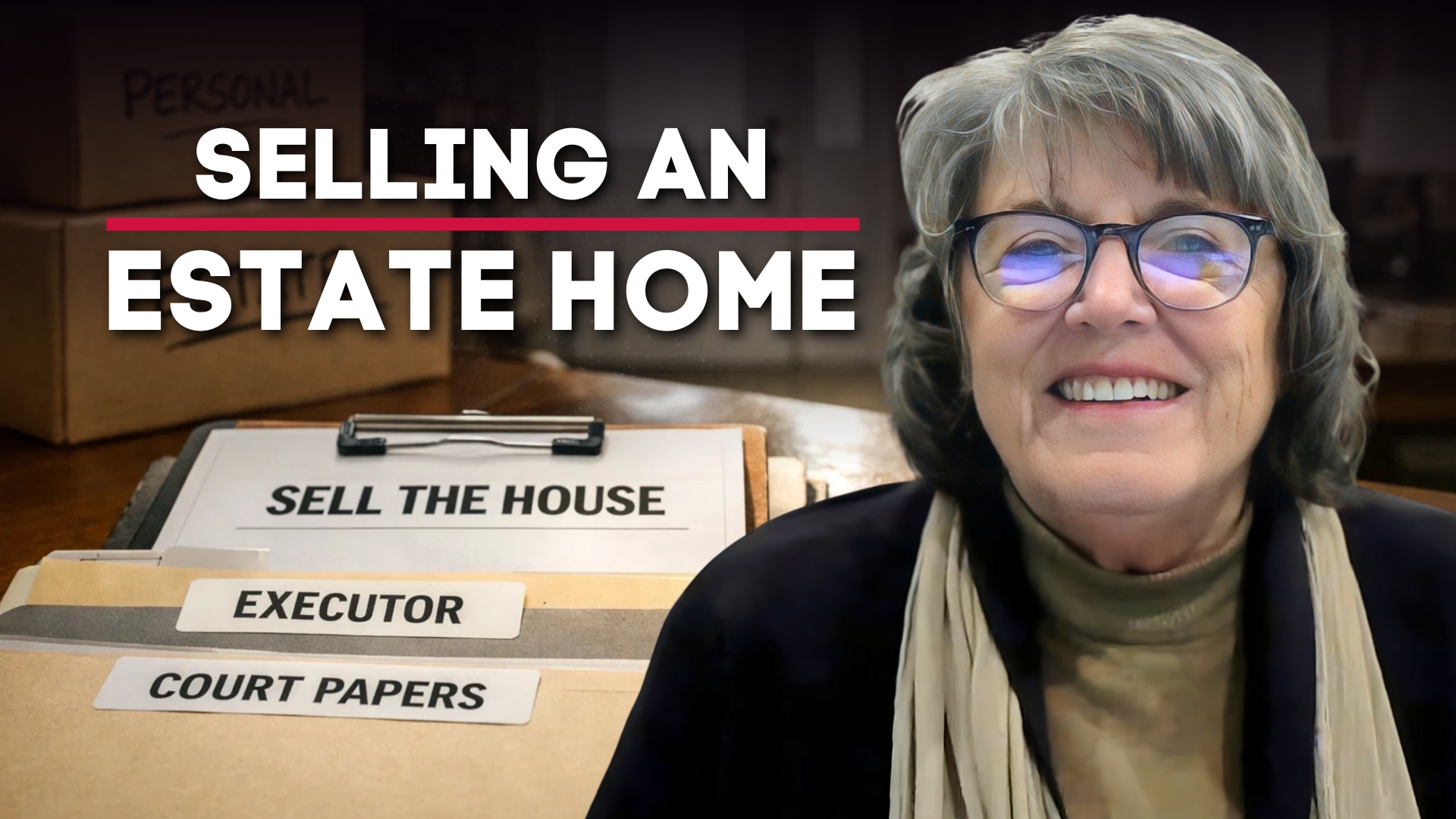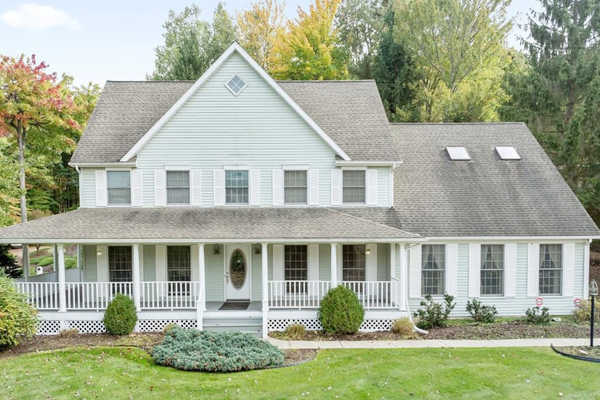Let’s Explore Your Selling Options. I’ll help you sell your home at the price and terms you want. Free Selling Strategy Call
In the ever-evolving world of real estate, it’s crucial to stay informed about the dynamics of the market. If you’re a homeowner looking to sell, it’s vital to guard yourself against the risks associated with overpricing your property in today’s competitive landscape. Let’s delve into a few key points to help you navigate this terrain effectively.
1. Limiting buyer interest. When you overprice your home, you run the risk of limiting potential buyers’ interest. Prospective buyers may pass on your property in favor of better value options on the market. With numerous properties vying for attention, it’s essential to ensure your pricing is competitive.
2. Extended time on the market. Overpriced homes tend to linger on the market longer than they should. Prolonged listings can lead to the need to reduce your asking price, which can be confusing for potential buyers. Remember, extended time on the market also diminishes your negotiating power.
3. Appraisal issues. Once you’ve secured a buyer, they will likely need financing from a bank. The bank typically hires an independent appraiser to assess your property’s value. If the appraisal comes in lower than your asking price, you might have to either negotiate with the buyer or lower your price to close the deal. Appraisal discrepancies can be a significant hurdle to overcome.
4. Missed opportunities. Being overpriced means missing out on potential buyers who may be just slightly below your asking price. These active buyers might choose other properties while you wait to adjust your price, resulting in missed opportunities.
5. The stale syndrome. Homes that linger on the market for an extended period can become “stale.” To combat this, consider regularly updating your listing with fresh photos, hosting open houses, and increasing your advertising efforts once you’ve adjusted your price to attract a new wave of interested buyers.
6. Carrying costs. Leaving your property vacant while it’s on the market can lead to ongoing expenses such as property taxes, insurance, maintenance, and security concerns. It’s crucial to work with your real estate agent to calculate these carrying costs, both on a per-day and per-month basis. This will help you determine the most financially sound pricing strategy.
7. Market changes. The real estate market is not static; it can change due to various factors, including shifts in interest rates and seasonality. As a seller, you must be prepared to adjust your price to match the evolving market conditions. Staying adaptable and aligned with market changes will increase your chances of success.
Overpricing can lead to a myriad of challenges. Work closely with your real estate agent to conduct a comprehensive comparative market analysis and ensure your property is priced right. By doing so, you’ll be well-prepared to navigate the ever-changing real estate landscape and achieve a successful sale. If you need further guidance, don’t hesitate to reach out by phone or email for a personal consultation.
-
Let’s Explore Your Selling Options. I’ll help you sell your home at the price and terms you want. Free Selling Strategy Call
-
What’s Your Southern Tier & Finger Lakes Home Worth?. Are you thinking of selling your home or interested in learning about home prices in your neighborhood? We can help you. Free Home Value Report
-
Looking for a Southern Tier & Finger Lakes Home?. Search the entire area for your Southern Tier & Finger Lakes home. Home Search
-
Free Real Estate Newsletter. Get our latest Q&A, insights, and market updates to make smarter decisions. Subscribe Now







